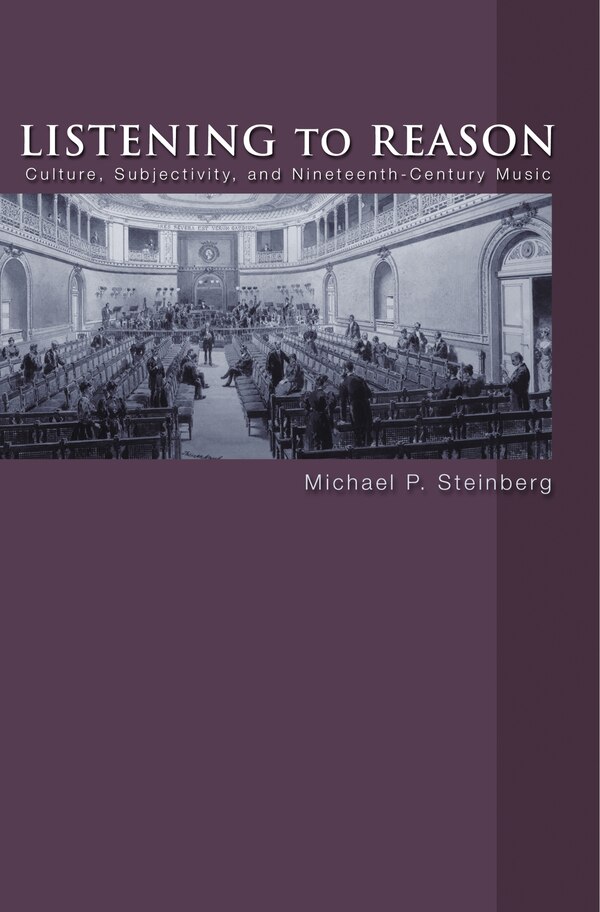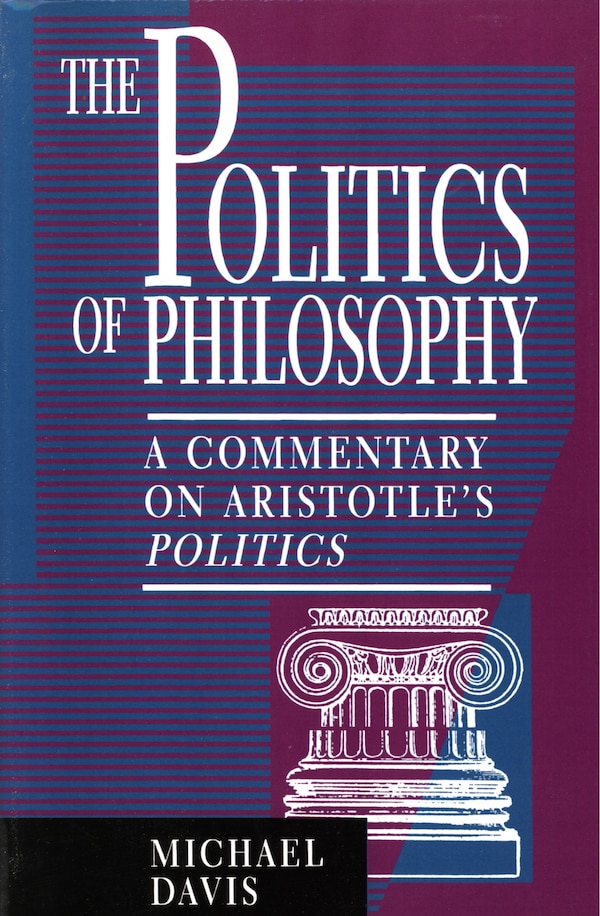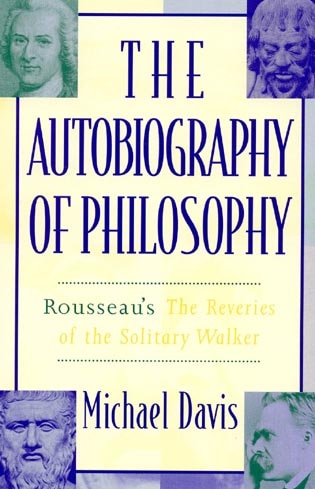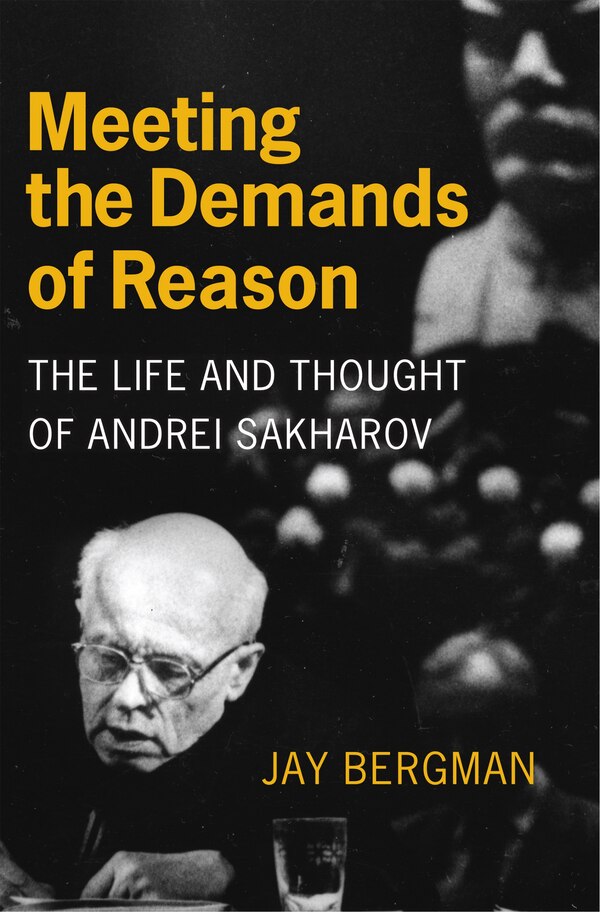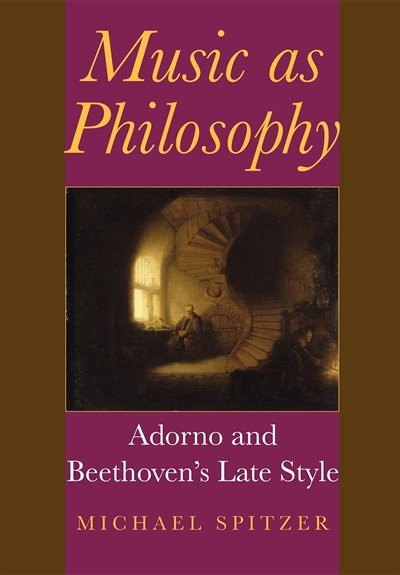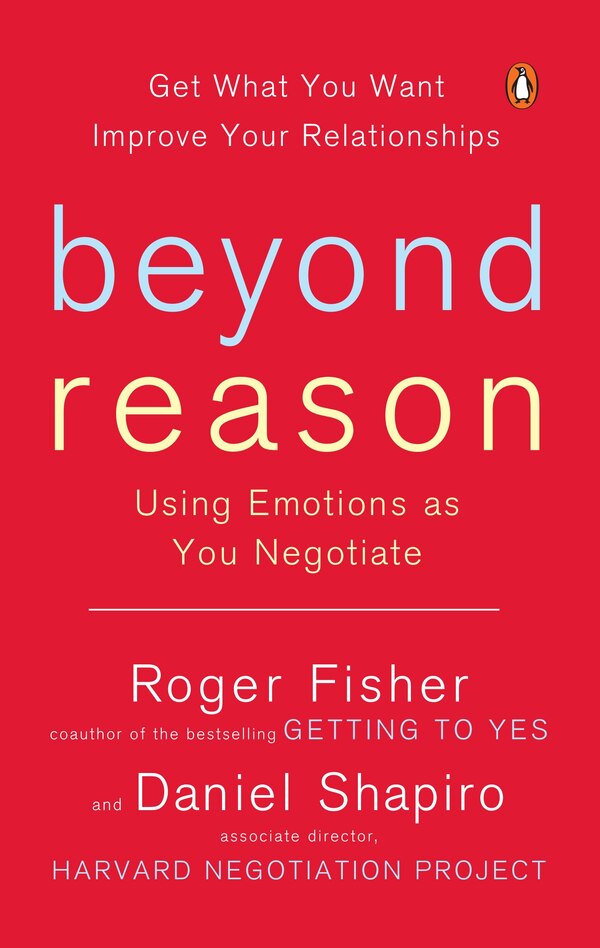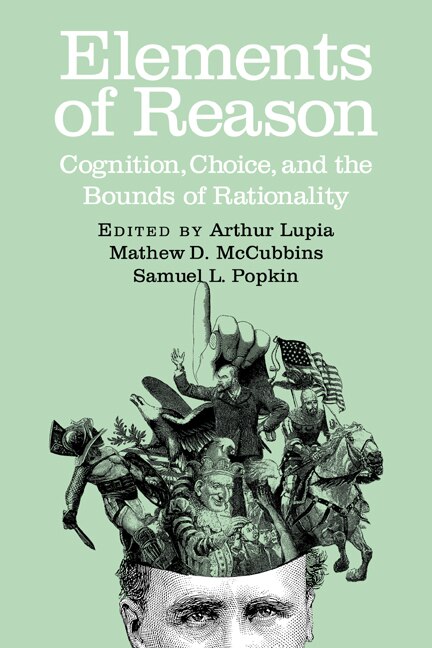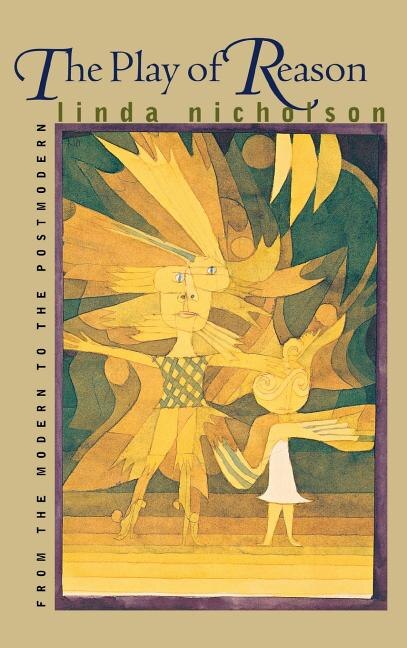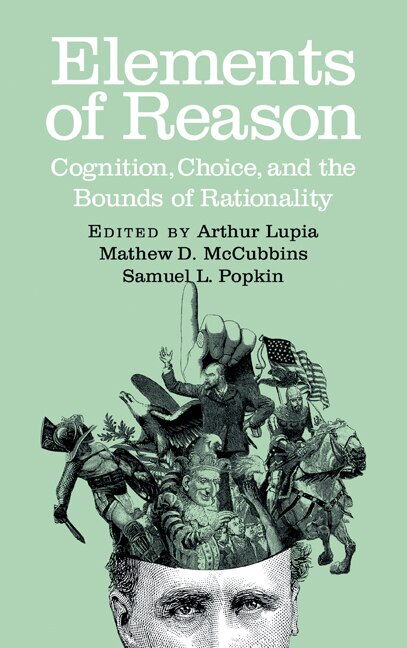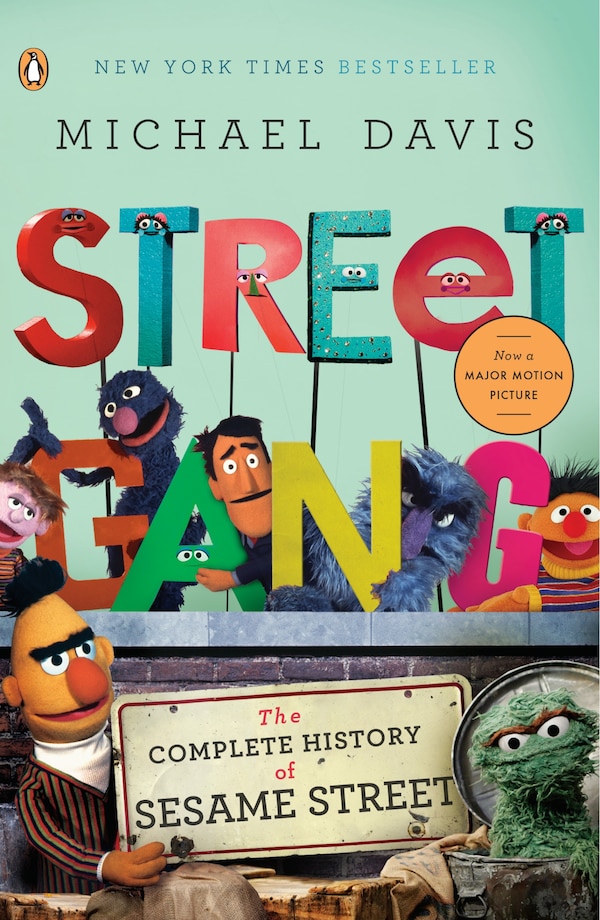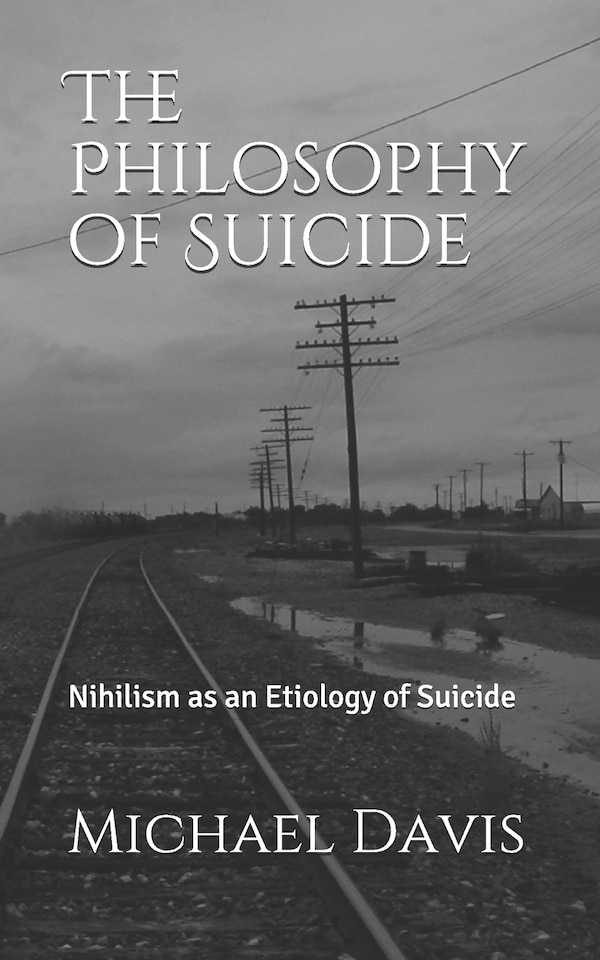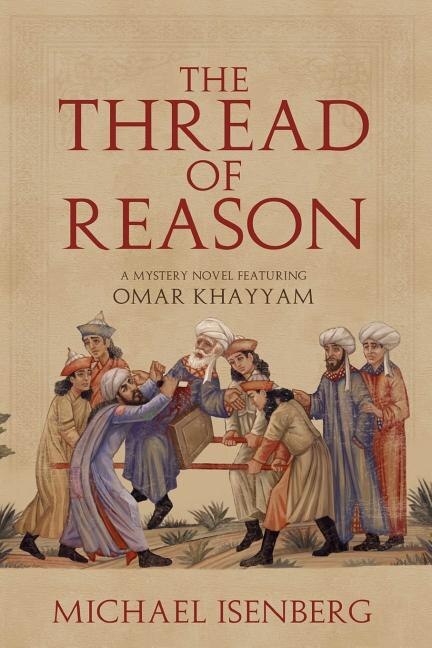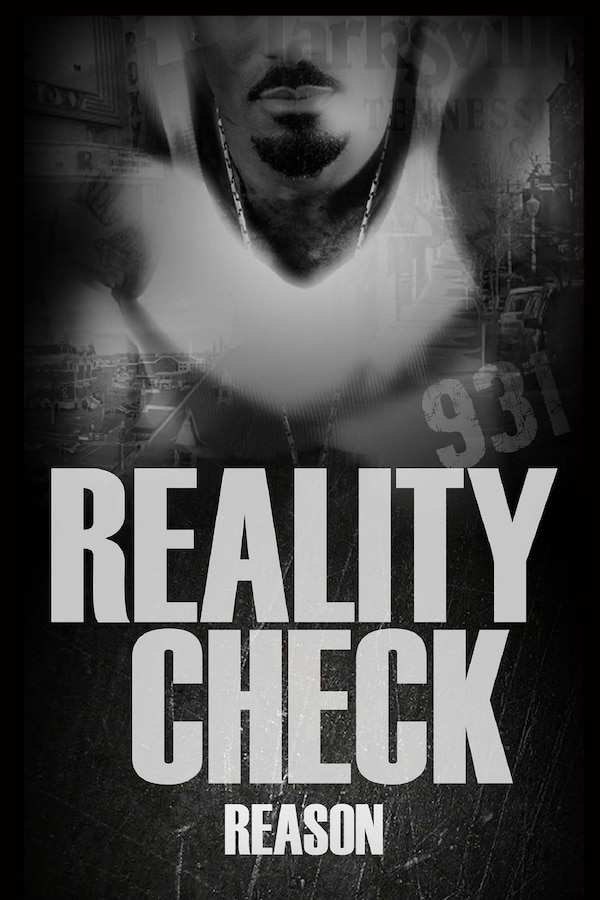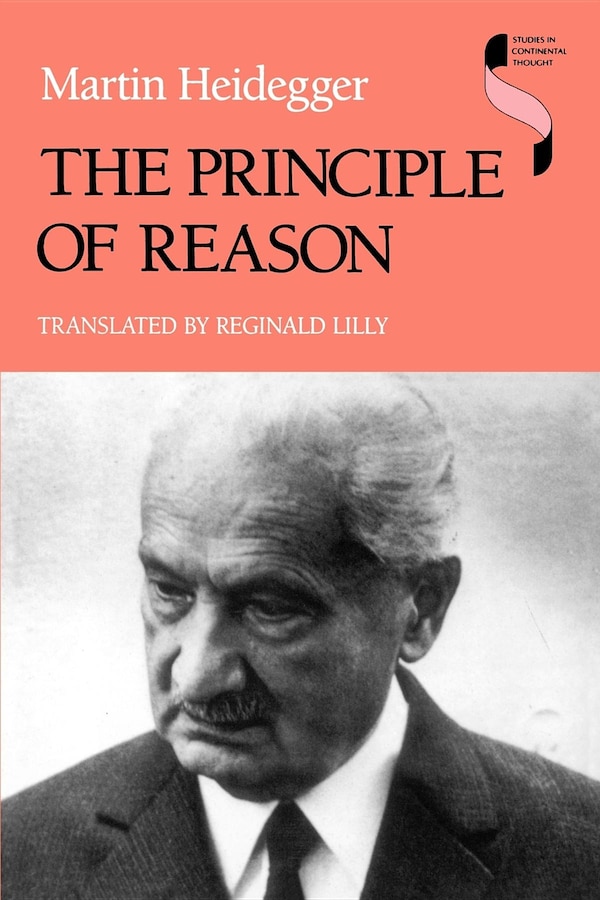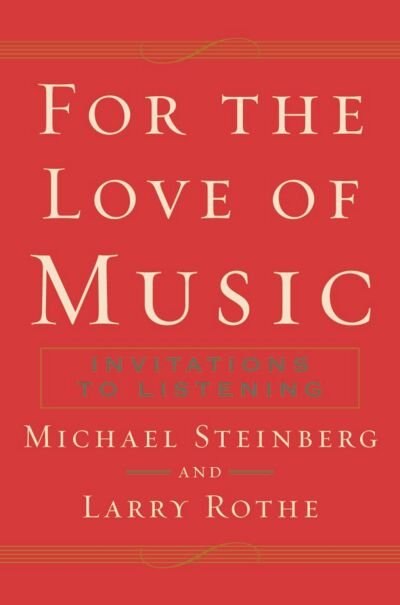
Compare The Music of Reason by Michael Davis, Paper over Board | Indigo Chapters
Michael Davis
$116.99
In recent years, the field of cognitive psychology has begun to explore the rootedness of rational thinking in subrational inspiration, insight, or instinct—a kind of prediscursive hunch that leaps ahead and guides rational thought before the reasoning human being is even aware of it. InThe Music of Reason, Michael Davis shows that this "musical" quality of thinking is something that leading philosophers have long been aware of and explored with great depth and subtlety. Focusing on the work of three thinkers traditionally viewed as among the most poetic of philosophers—Rousseau, Nietzsche, and Plato—Davis reveals the complex and profound ways in which they each plumbed the depths of reason's "prerational" foundations. Davis first examines Rousseau'sEssay on the Origins of Languages: Where Something Is Said About Melody and Musical Imitationand Nietzsche'sThe Birth of Tragedy Out of the Spirit of Musicto demonstrate that revealing the truth, or achieving individual enlightenment, requires poetic techniques such as irony, indirection, and ambiguity. Howphilosophers say things is as worthy of our attention aswhatthey say. Turning to Plato'sLesser Hippias, Davis then reconsiders the relation between truth-telling and lying, finding the Platonic dialogue to be an artful synthesis of music and reason. The "ancient quarrel between philosophy and poetry" that Plato placed near the core of this thinking suggests a tension between the rational (scientific) and the nonrational (poetic), or between the true and the beautiful—the one clear and definite, the other allusive and musical. Contemplating language in Rousseau, the Dionysian in Nietzsche, and playfulness in Plato, The Music of Reasonexplores how what we might initially perceive as irrational and so antithetical to reason is, in fact, constitutive of it. | The Music of Reason by Michael Davis, Paper over Board | Indigo Chapters

